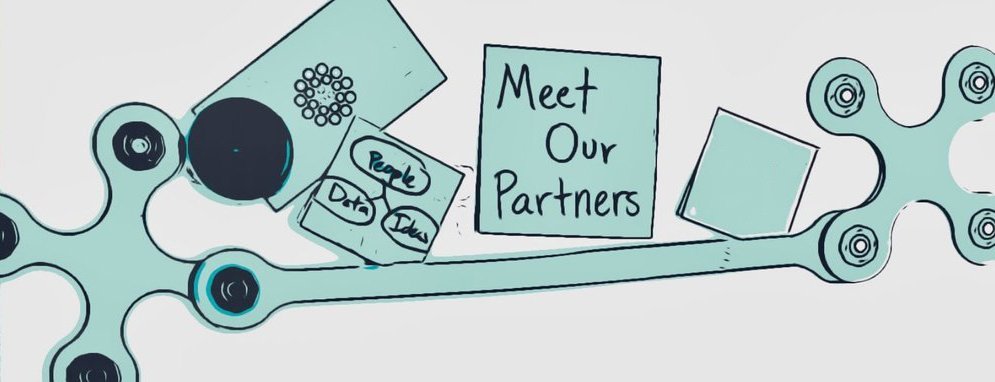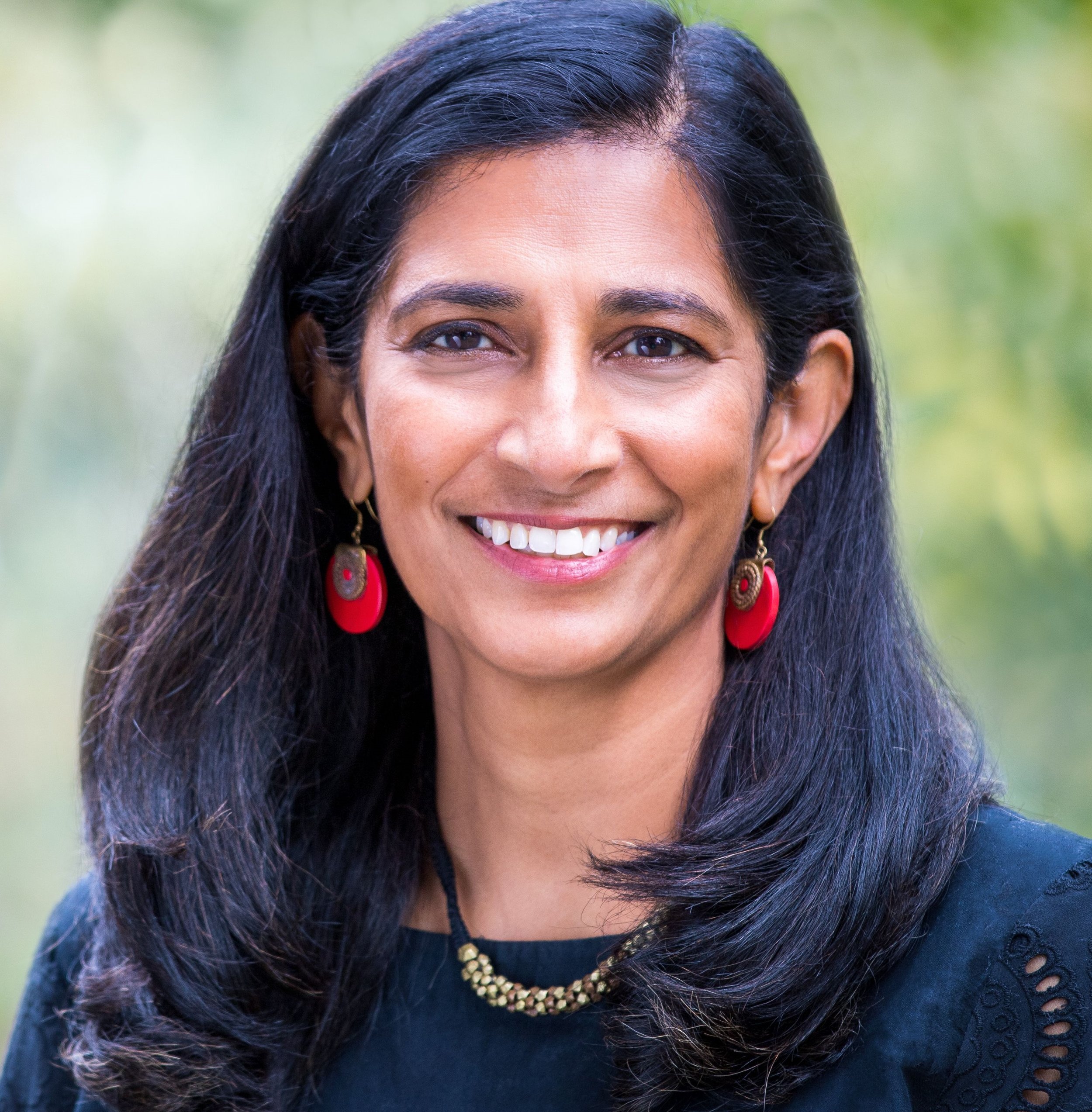Meet Our Partners: Priya Jagannathan
/At Engage R+D we are constantly reflecting on the state of evaluation and learning, including in partnership with our peers and colleagues in evaluation, philanthropy, and community organizations. In this interview, Priya Jagannathan, Director of Oakland Smart and Strong, shares her perspectives on the progress and work ahead for evaluation and learning in service of just communities.
Talk about the work you do at Oakland Starting Smart and Strong.
Oakland Starting Smart and Strong is an early childhood collaborative that brings together folks from different parts of the early childhood ecosystem. That includes providers of early childhood education in formal settings, workers in informal settings and family resource centers, funders, city and county workers, and parent advocates.
Community voices lead our advocacy for policy change and are front and center when it comes to community-driven solutions. We center the voices of those who are most impacted by our early childhood system: families with young children, educators, and caregivers of young children. The ultimate goal is to have an early childhood ecosystem that effectively serves children 0-5 and their families, caregivers, and educators.
How does evaluation help facilitate early childhood advocacy and planning?
Evaluation gives us all a way to partner and to take a step back and reflect on how early childhood education is evolving and whether it's meeting the needs of the community. I see it as a tool for reflection and to let us know where there are strengths and gaps. A lot of times there's a big focus on challenges and what's not working, but I think evaluation is also really important to uplift the successes and the strengths that are working in the community.
It’s also really important to have evaluation look at the results of our efforts on different populations in service of equity. We want to make sure that we're looking at how different populations are being served, specifically our Black and brown families in Oakland.
Evaluation allows us to get input on efforts on the ground, how things are working or not working in real time, which in turn has an impact on planning. A simple example: Each year we convene an early learning symposium bringing together educators from all different settings. During the pandemic we moved it to Zoom and we had interpretation and breakout rooms. We did an evaluation with Engage R+D, and one of the things that came back was that while folks really appreciated the interpretation, they would like to have speakers and content experts present information in folks' native language. And so we've made a shift to do that where possible. Reflection and evaluation made us aware of a need, and we made a shift to meet that need.
What do you hope to see more or less of in terms of evaluation and learning and its role in advancing racially just systems in early childhood in particular?
I really hope to see a shift to strength-based perspectives from what is often a deficits-based framework. In community work, for decades, we have been hearing the same kind of deficit language. It's really disheartening and not as helpful as a strength-based perspective. What aligns with that is a shift from looking at individual outcomes because a lot of times that can be used to blame individuals or families, versus looking at assessing the systems and how they are or are not supporting communities. I think it’s really critical to advancing racially just systems.
We also need a shift to ownership being with the community. A lot of times evaluations are driven by the funder, so the audience and the owner of the evaluation is the funder. Everything, from the questions being asked to how they're being asked and how the information is being gathered to how the information is being analyzed and then reported back, should all be really as much as possible owned by the community in which the evaluation is being done. Authentic ownership needs to come with resources; sometimes there's this sense of not burdening those on the ground, and we'll ask these questions and leave, versus the questions and process coming from and being part of the community. There's a process and time commitment and building of expertise for people to be able to do that work. It's not as simple as ‘let's shift to having folks impacted do this’; you have to support and invest in that process.
And you have to be okay with it looking different and feeling different. Evaluators have to have humility in this process and really trust that those in a community know what's best for them. We helped support Parent Voices Oakland in doing a research study in deep East Oakland where they partnered with a student at UC Berkeley on the research methods, but it really was driven by the parent advocates. They did a survey on the use of informal caregivers. The assumption was that people didn't know that formal early childhood slots were available, but that's not what we found in the evaluation. We found that folks were deeply distrustful based on bad experiences and were choosing not to utilize those spaces. Families were experiencing the systems as being racist, which was hard to hear, but was super valuable information in terms of revisiting enrollment procedures and how folks are made to feel when they come into a space.
What shifts are you seeing in evaluation and/or philanthropy that hold the most promise?
In both evaluation and philanthropy, we've seen more conversations about equity and acknowledging the power and privilege in these spaces. And there's a lot more work to be done in terms of operationalizing equity. In philanthropy, I have appreciated the concrete shift that some funders have made to operationalizing trust-based philanthropy, getting rid of written progress reports, for example. And we recently received a Mackenzie Scott grant which was such a positive experience. They vetted us and then they just trusted us to do the work with the resources given; it showed what is possible.
There's been a lot of rhetoric and commitment around a move toward equitable evaluation. What does it look like? What are the shifts and changes? And then how does that impact an evaluation system that is so rooted in research and hard numbers? Traditional methods can be intimidating and pretty narrow in focus, not allowing for a range of perspectives and outcomes. I appreciate the willingness of evaluators to be open to different ways of doing an evaluation, such as gathering narratives through video. Engage R+D has an inherently creative approach to evaluation methods.
Another way to operationalize the work is being willing to partner equally, not as the “expert” working with community, but that it's a two-way conversation and two-way learning process that's really important. This goes back to humility and also valuing the lived experience of folks in the community.




